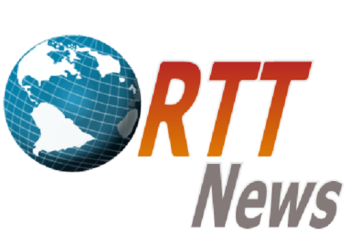
Meta has announced that it is expanding the Take It Down program to more countries and languages, allowing millions more teens to take back control of their intimate imagery.
“Take It Down is a program designed to help teens take back control of their intimate images and help prevent people — whether it’s scammers, ex-partners, or anyone else — from spreading them online,” Meta said in a blogpost.
Launched in English and Spanish last year, Meta worked with the U.S. National Center for Missing & Exploited Children (NCMEC) to make it available in 25 more languages, including in Malayalam, Hindi, Chinese, French, German, Portuguese, Urdu, Bengali, Thai, Arabic, Tamil, Italian, Bahasa Indonesian, Marathi, Sinhalese, Vietnamese and Korean.
“Making Take it Down available in 25 languages is a pivotal step towards safeguarding children from the horrors of online exploitation all over the world,” said John Shehan, a Senior Vice President with the National Center for Missing & Exploited Children. “We aspire to ensure that every child, regardless of language or location, has the opportunity to reclaim their dignity and privacy by having their illicit content removed from participating platforms.”
The platform is designed to help youngsters under 18 who are worried their content has been, or may be, posted online; parents or trusted adults on behalf of a young person; and adults who are concerned about images taken of them when they were under 18.
To start the process, people can go to TakeItDown.NCMEC.org and follow the instructions to assign a unique hash — a digital fingerprint in the form of a numerical code — to their image or video, privately and securely from their own device.
Teens only need to submit the hash, rather than the intimate image or video itself, which never leaves their device. Once the hash has been submitted to NCMEC, companies like Meta can find copies of the image, take them down and help prevent anyone who’s threatening them from posting them in the future.
Take It Down follows the success of platforms like StopNCII, which help prevent those seeking to exploit people from sharing adults’ intimate images online.
Meta said it worked with Thorn, a nonprofit that builds technology to defend children from sexual abuse, to develop updated guidance for teens on how to take back control if someone is sextorting them. It also includes advice for parents and teachers on how to support their teens or students if they are affected by these scams. The new resources can be found in the updated Sextortion hub within Meta’s Safety Center.
Meta said it is launching a global campaign, supporting safety organizations and working with creators around the world to help raise awareness about Sextortion.
The social media platform is already showing Safety Notices to people on Instagram when they are messaging someone who has shown potentially scammy or suspicious behavior. Teenage users are also been directed to Take It Down at relevant moments when using Facebook and Instagram, such as if they report someone for sharing their private images, for nudity, or for sexual exploitation.
Copyright © 2024, RTTNews.com, Inc. All Rights Reserved.















